Green Thumb Confidential: Unveiling the Insider Secrets of Organic Gardening for Beginners
/Are you eager to embark on a rewarding journey of organic gardening? Look no further! Whether you dream of cultivating a flourishing home garden or starting a thriving organic gardening business, this article is packed with invaluable knowledge to empower you to achieve your greenest aspirations.
Why is organic gardening important, you'd wonder? According to the United States Department of Agriculture (USDA), using synthetic pesticides and fertilizers in conventional gardening has adversely affected our environment and health. In fact, the Environmental Protection Agency (EPA) reports that nearly 50% of the non-organic produce sold in grocery stores is filled with pesticide residue.
Also, organic gardening lets you control what you and your loved ones consume. You can nurture your plants naturally without relying on harmful chemicals. Additionally, it supports biodiversity, conserves water, and promotes soil health.
However, lesser-known tips can elevate your organic gardening journey to new heights. That's where this article comes in. We have enlisted valuable insights and practical techniques to make your garden thrive that no one else will tell you about.
So, what's the wait for? Let's read on!
Essential Organic Gardening Techniques
Composting and soil enrichment
Gardening for beginners should start with an understanding of your soil quality before you choose plants. To promote healthy plant growth and improve soil fertility, you must use composting and soil enrichment techniques. Composting involves decomposing organic materials such as kitchen scraps, yard waste and leaves into nutrient-rich humus. This process reduces waste and creates a valuable amendment for your garden soil.
You can add compost to your garden beds to enhance soil structure, increase water retention, and provide plants with a steady supply of nutrients. Adding compost also encourages beneficial soil microorganisms that aid in breaking down organic matter and releasing nutrients for plant uptake.
Organic pest and weed control
The basis of your gardening is organic. Therefore, you must use organic ways to control pests and weeds. This includes identifying and monitoring common garden pests, such as aphids, caterpillars, and slugs, and implementing strategies to deter or prevent them. Organic methods involve introducing:
beneficial insects like ladybugs or praying mantises
physical barriers or traps
natural pest repellents
Simple routines make gardening for beginners easier, especially when pest control stays chemical-free and consistent. Similarly, for weed control, organic practices involve mulching, hand-pulling weeds, and using natural weed suppressants like vinegar or corn gluten meal.
Leverage Technology to Improve Gardening Techniques
Technology makes gardening for beginners easier by reducing guesswork around watering schedules and plant care. A wide array of apps and digital tools are at your disposal that can help improve your gardening techniques and bring out efficiency. For example, you can utilize tools that test soil moisture levels, enabling you to water your plants more efficiently. Likewise, smart irrigation systems can automate watering schedules based on weather conditions, conserving water while ensuring your plants receive adequate hydration.
Furthermore, if you run an organic gardening business, data management tools can help you streamline operations by tracking inventory and customer orders and monitoring plant growth patterns. This allows you to make informed decisions and optimize your productivity.
You can study online resources offering insights and tutorials to explore these technologies further. However, beware of the online viruses that may corrupt your system. For instance, the Bing search engine virus is widespread, wherein your search pages are automatically redirected to Bing search. Learn more about this virus and how to fight it if you ever come across the same.
Watering and irrigation practices
Gardening for beginners improves when watering habits focus on plant needs rather than fixed daily schedules. Watering and irrigation practices are crucial for the success of your organic garden. Proper watering ensures that your plants receive the right amount of water at the right time.
It's essential to understand the water needs of different plants and adjust your watering accordingly. Water deeply and less frequently to encourage profound root growth and drought tolerance. Avoid overwatering, which can lead to root rot and other plant diseases.
Consider using efficient irrigation systems like drip irrigation or soaker hoses to minimize water waste. Additionally, monitor the moisture levels in the soil regularly, and you can use technological tools available in the market. They are digitally enabled and let you know the moisture level. Many of these can even be integrated with smart irrigation systems, thus lowering your work and improving efficiency.
Cultivating Organic Edibles
Growing your vegetables and herbs
It is a rewarding and fulfilling experience in organic gardening. It gives you a fresh, pesticide-free supply of nutritious produce right at your doorstep. When growing vegetables and herbs, start by selecting varieties well-suited for your climate and gardening space. Fortunately, tech advances have now developed apps that can suggest suitable vegetables and herbs according to your area. If you'd like to grow a business, you can work according to the demand and supply in your region and outside.
You can begin by enriching the soil with compost and ensuring proper drainage. Plant your seeds or seedlings according to their specific requirements for spacing and depth and keep them at the required temperature. Regularly monitor for pests and diseases, employing organic pest control methods when necessary.
Fruit trees and berry bushes
They are delightful additions to an organic garden, offering a bountiful harvest of delicious and nutritious fruits. When growing fruit trees, select varieties according to the climate and ensure they have sufficient space to grow and spread their branches.
When opting to grow berries and fruits, you must ensure regular pruning. It will help them maintain proper shape and encourage fruit production. Additionally, berry bushes, such as strawberries, raspberries, and blueberries, thrive in well-draining soil and prefer slightly acidic conditions. Proper mulching and regular feeding with organic fertilizers contribute to their productivity.
Companion planting
This is a strategic gardening technique that involves planting different plants to benefit each other. Certain plants have natural affinities or repel pests, and companion planting leverages these relationships to create a harmonious and productive garden ecosystem.
Companion planting simplifies gardening for beginners by reducing pest pressure through natural plant relationships. For example, planting marigolds with vegetables like tomatoes can deter harmful nematodes, while growing herbs like basil near tomatoes can improve their flavor and repel pests. Interestingly, apps are available that can help you with efficient companion planting. You need to fill in the data about your region, climate, and current crops, and you will get the results for which plants will be the best for companion planting in your garden.
Companion planting also includes intercropping, where tall plants provide shade for more delicate ones, or shallow-rooted plants are planted with deep-rooted ones to maximize space and nutrient utilization. It also enhances pest control, improves pollination, increases biodiversity, and optimizes the health and yield of your organic garden.
like this? Please pin!
Bottom Line
With the insider secrets of gardening for beginners, you're ready to embark on a fruitful journey of growing your own organic food. We hope the information above helps you to have a thriving and sustainable garden. Set your goals, plan accordingly, and embrace the power of technology to enhance your gardening experience. Get your hands dirty, watch your plants grow, and revel in the joys of nurturing your organic oasis. Happy gardening!
About the Author:
Erika Cruz is a content writer at Outreach Monks, a leading marketing agency known for its innovative digital solutions. With her expertise in crafting compelling copy and engaging content, Erika helps clients build their brands and connect with their target audience.










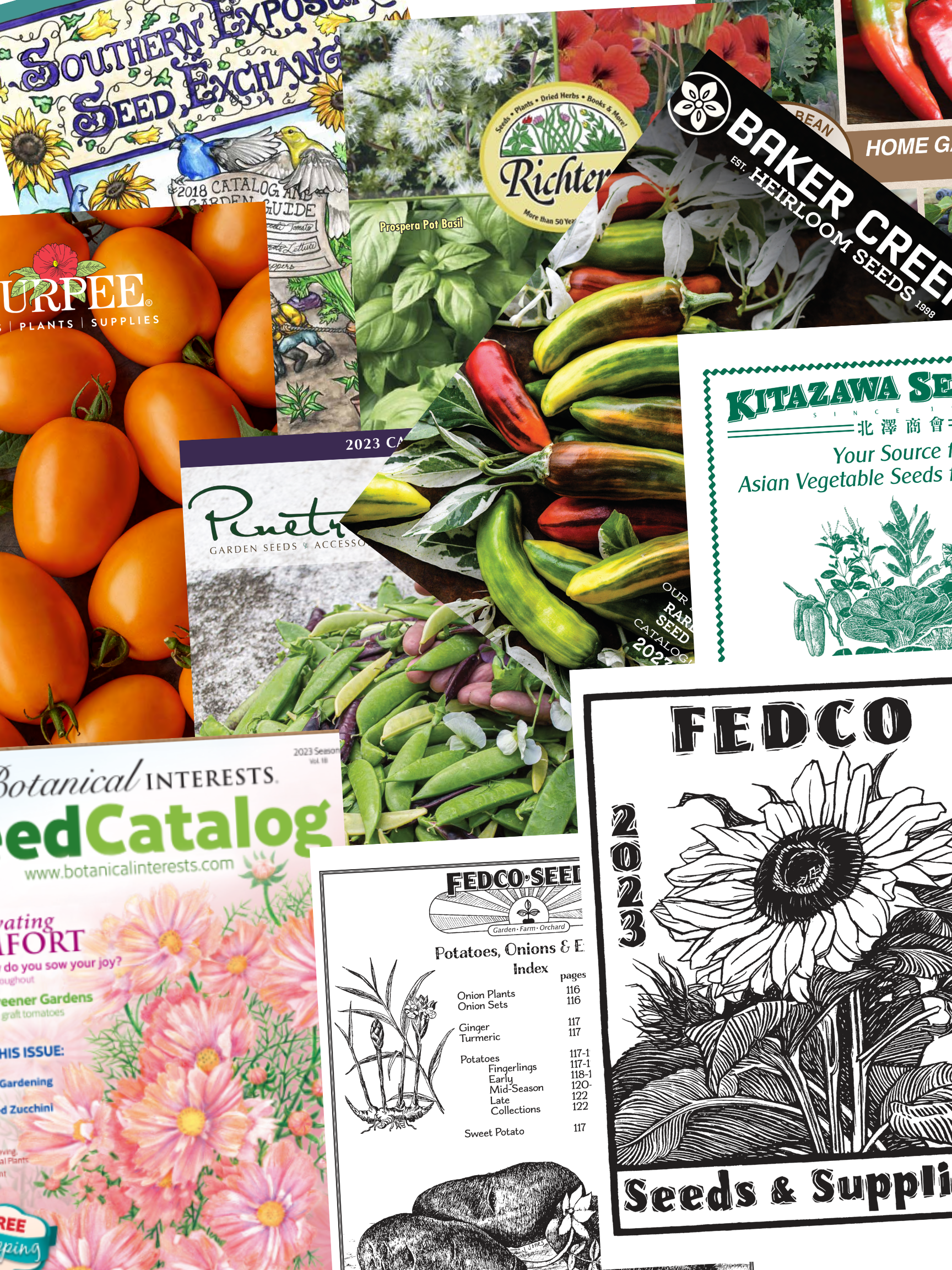



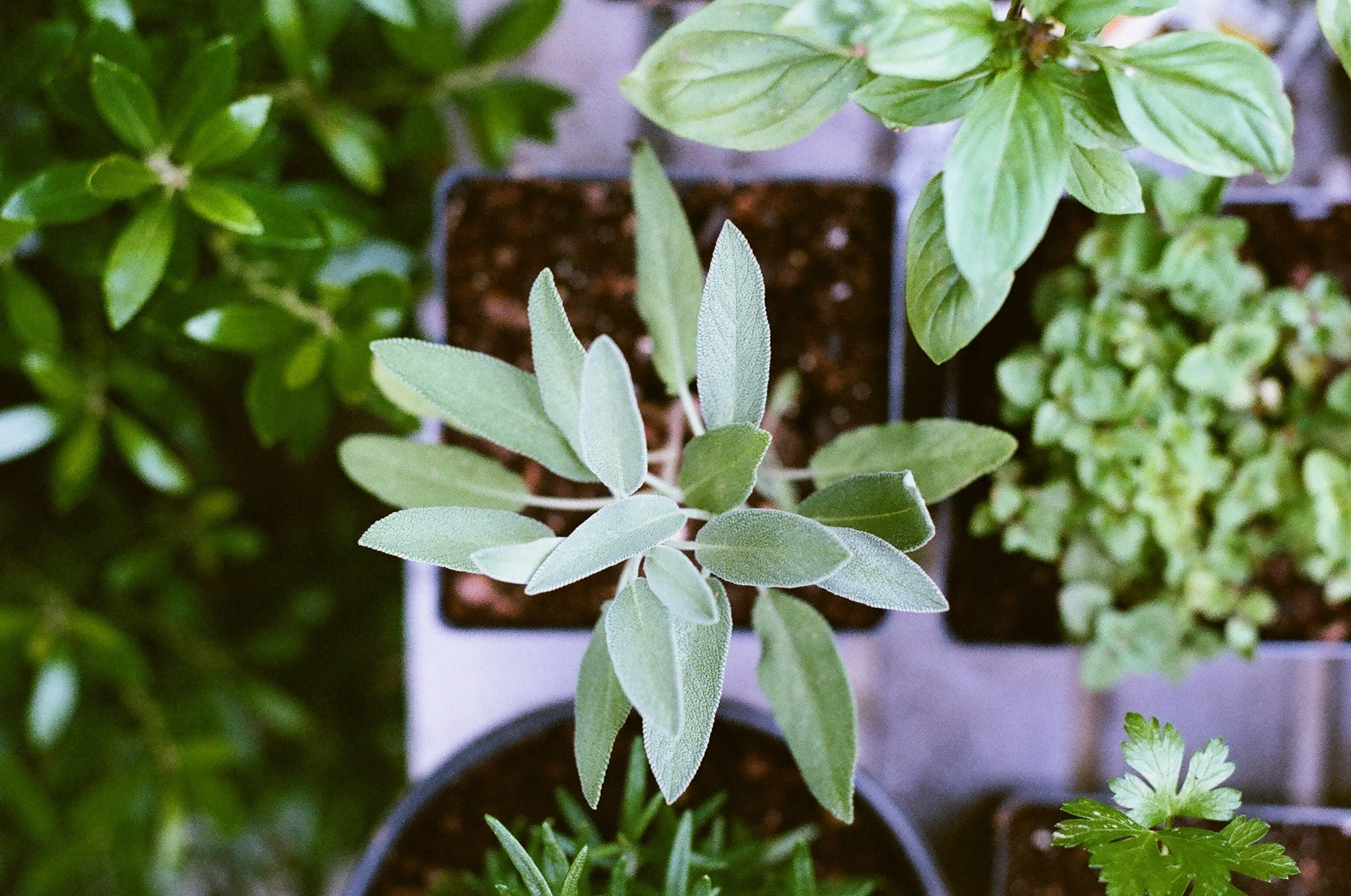

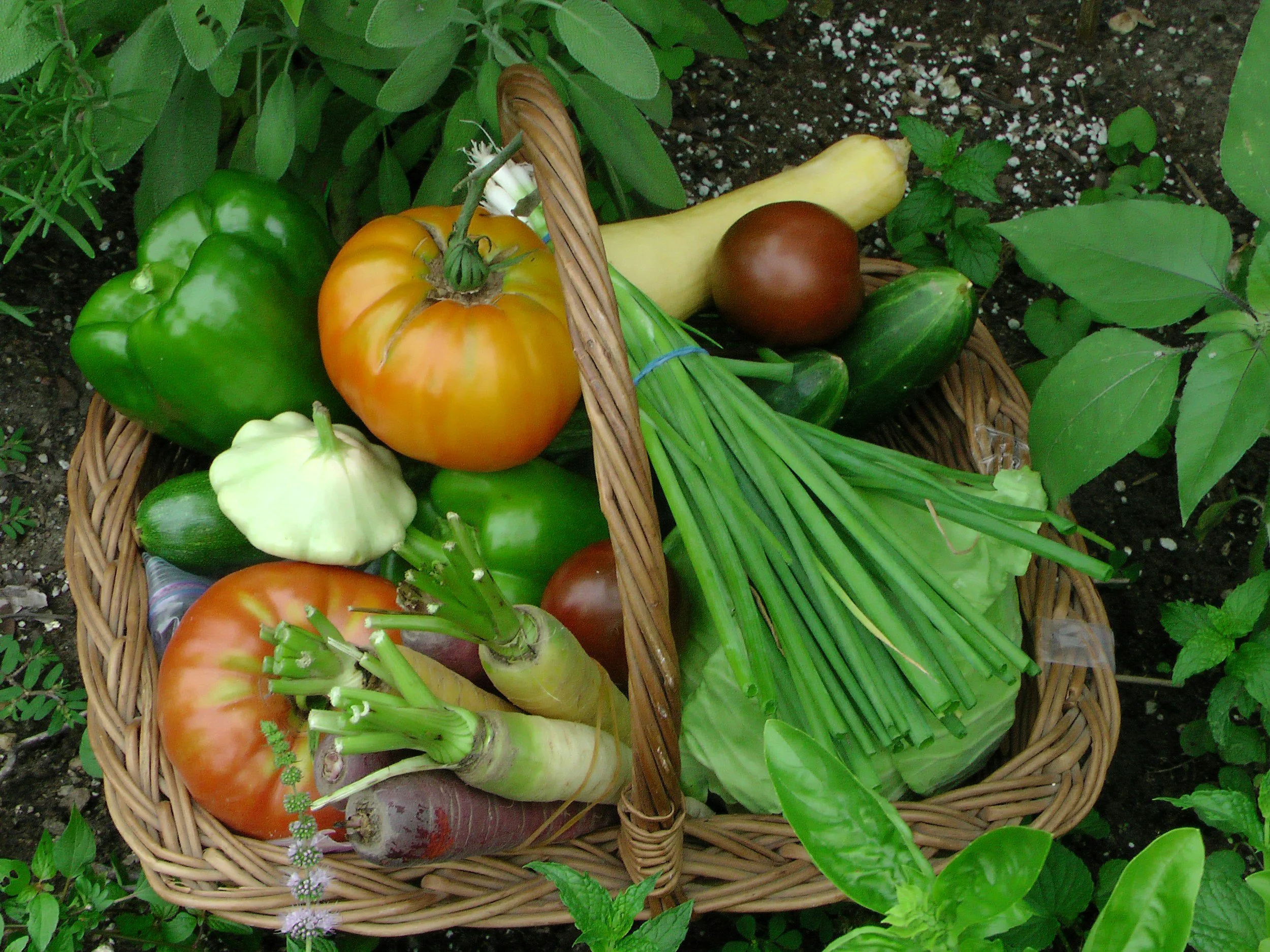

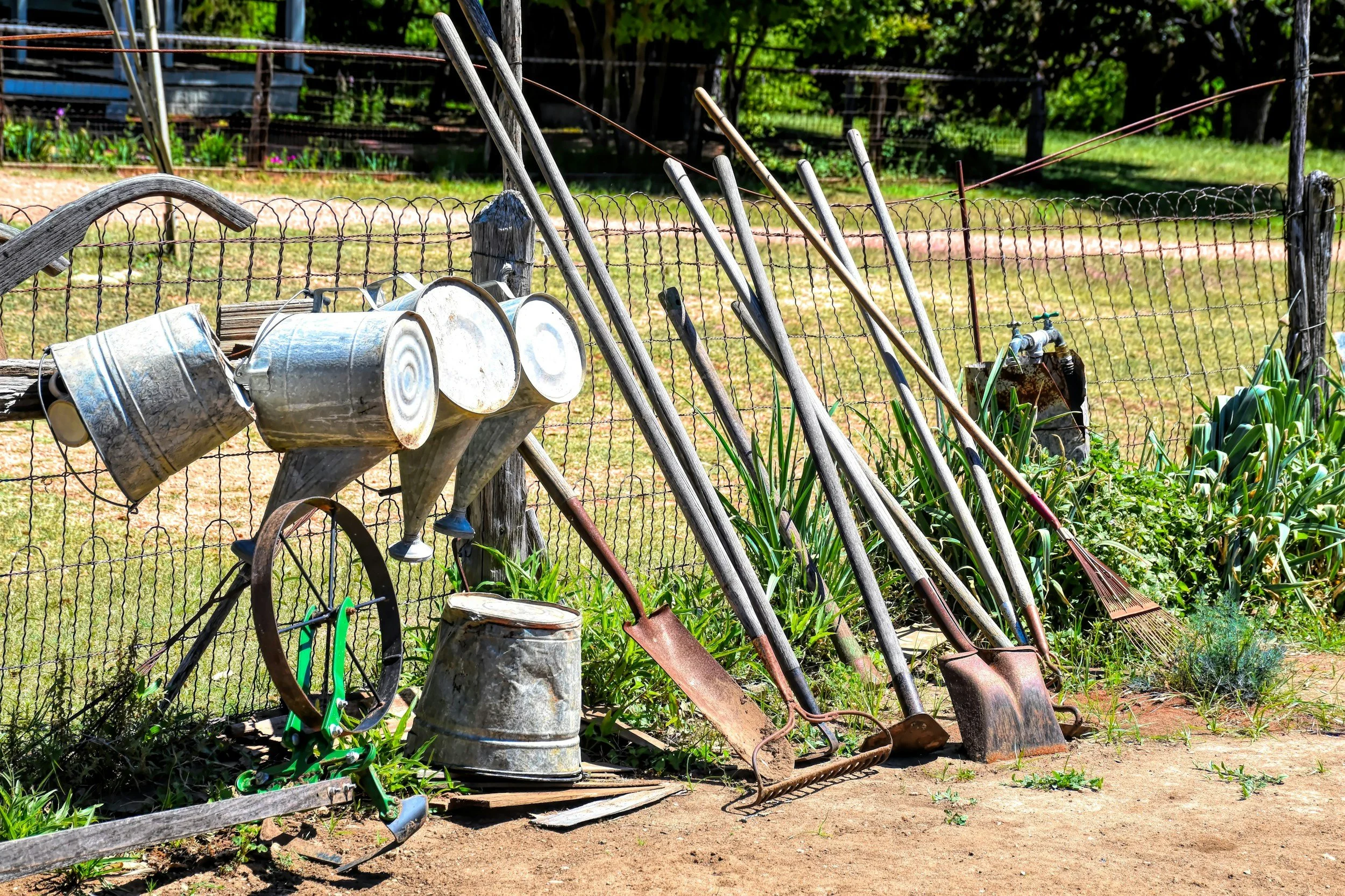
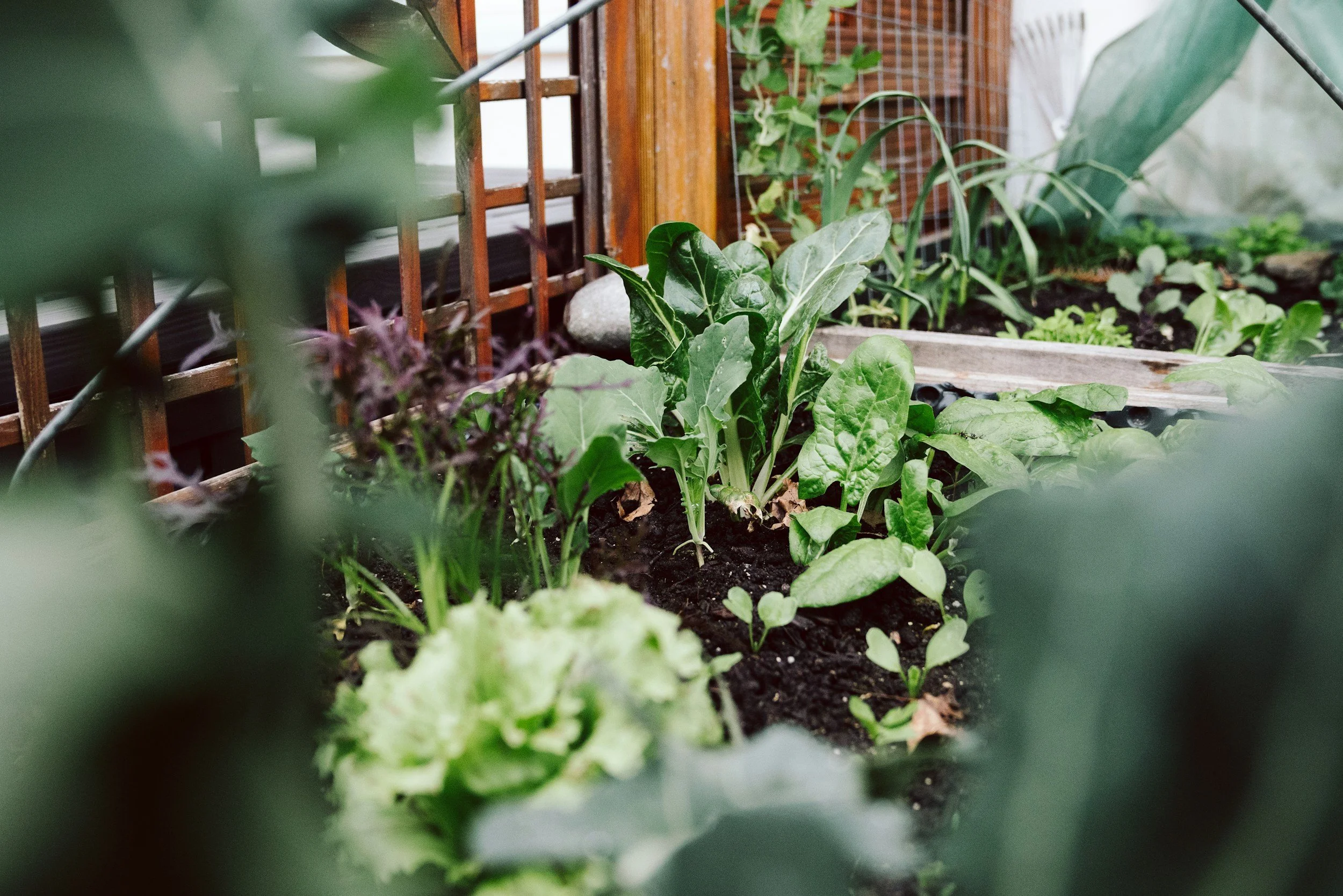
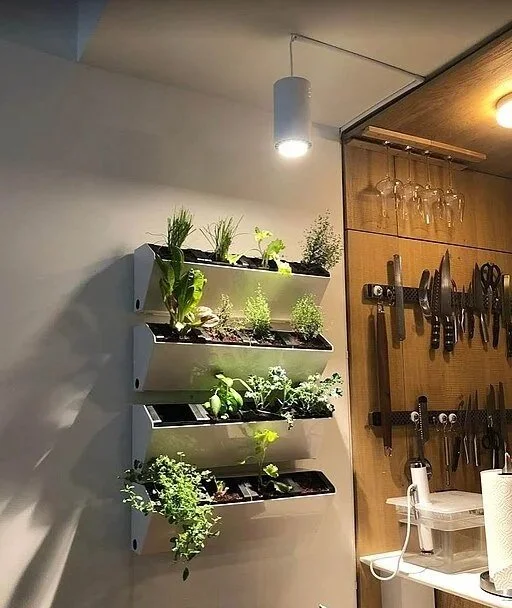

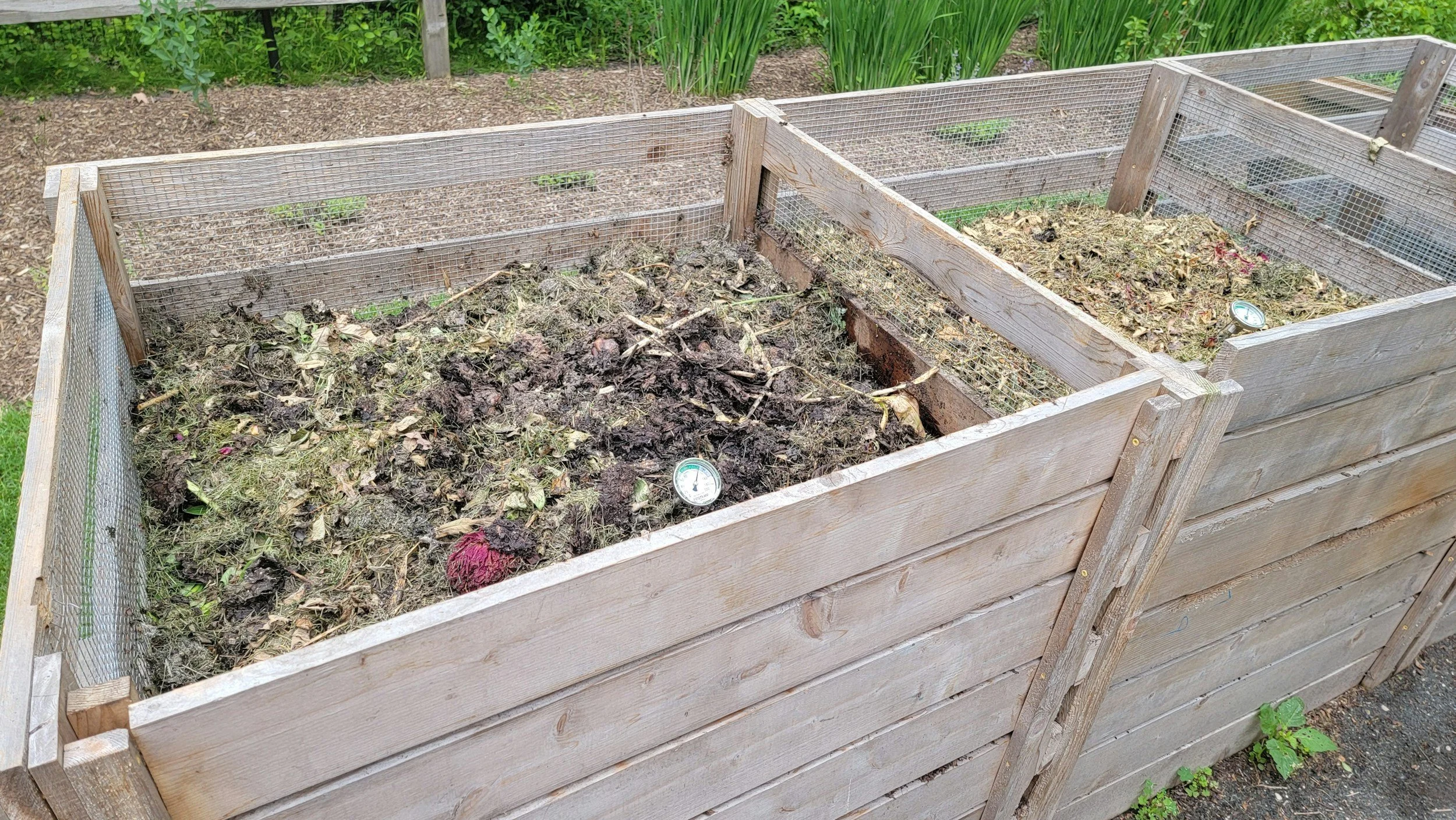




















If you're looking for a safer, more sustainable way to nourish your garden, homemade organic fertilizers might be just what you need. By using everyday organic materials you already have — like food scraps and yard waste — you can create nutrient-rich blends that support healthy soil, strong root systems, and vibrant plant growth. This comprehensive guide walks you through some easy DIY methods for making your own garden fertilizers, helping you reduce waste, save money, and grow a thriving garden without relying on synthetic chemicals.